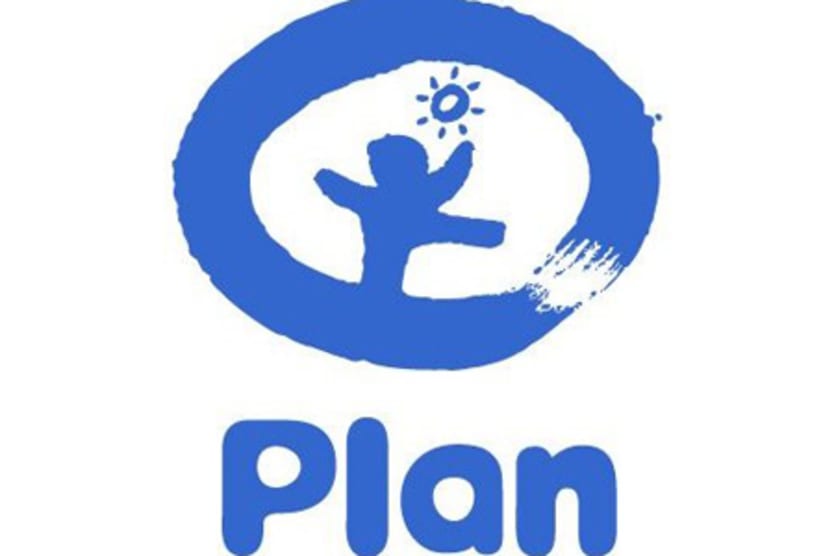
Will nongovernmental organizations look at business-oriented tactics strategically for maximum development impact in these times of scarce resources? Let’s take a recent acquisition in the community as an example.
On Nov. 28, Plan International USA acquired the Center for Development and Population Activities and agreed to combine assets to boost their existing programs, especially in gender mainstreaming and youth development. This move, according to Plan International USA CEO Tessie San Martin, will not only maximize the impact of Plan’s projects but also strengthen the organization’s resiliency to the global economic volatility.
San Martin explained to Devex how challenging this acquisition was, and how it was different from purely commercial mergers. Because the partnership involves a nonprofit, there are clauses and provisions involving money.
“In the commercial side, the journey is based on risk and reward — if it goes well you profit if not you declare bankruptcy, dissolve and move onto another venture. But when you’re getting money from donors, you’re not saying ‘give us your money and we’ll take the risk’ but ‘give us the money and we’re going to do something really good with it’ so bankruptcy here is very difficult,” San Martin said.
Nonetheless, she stressed that the nonprofit sector should start viewing acquisitions as a strategic and not a defensive tool. Such types of partnerships can equip NGOs with “enormous” capabilities that can help maintain independence, enhance efficiency and improve financial health.
“Often times because we’re so focused on doing good and fulfilling our mission, we don’t think enough of our long term view when it comes to making investments in ourselves. We need to start looking at acquisitions as strategic tools much more seriously than we have,” San Martin said highlighting the need for such measures in this uncertain time.
The partnership with CEDPA is also expected to deepen Plan’s expertise in leadership training and capacity building, enhance the impact of its women’s leadership programs, and increase the organization’s visibility to donors and other partners by leveraging CEDPA’s presence all over the world, including in Nigeria, where Plan does not have operations yet.
The acquisition also plays an integral role in Plan’s resilience strategy. Plan’s independence is largely based on a diverse revenue source. Roughly 45 percent of revenue comes from individual donors contributing to Plan’s child sponsorship program, which will be reinforced by the growth in Plan’s operations, increased investments in efficiency and improved communication with vital development partners.
Read more development aid news online, and subscribe to The Development Newswire to receive top international development headlines from the world’s leading donors, news sources and opinion leaders — emailed to you FREE every business day.








